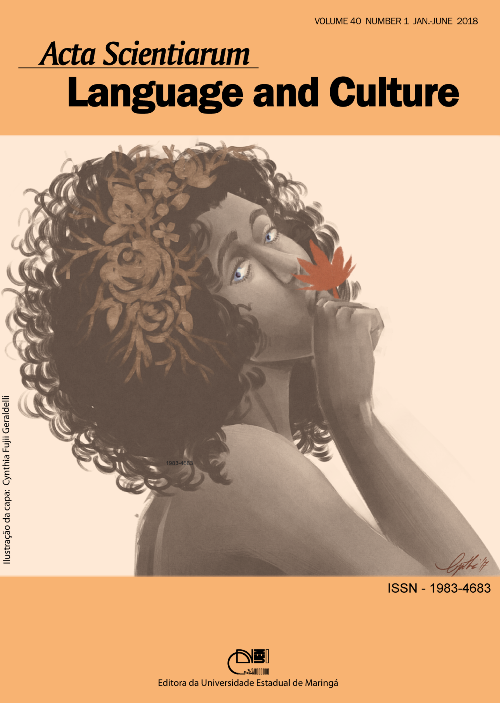<b>Reflexões em torno da ‘peste da insônia’, em <i>Cem anos de solidão
Résumé
O artigo propõe uma leitura crítica de episódio presente no início do romance Cem anos de solidão (1967), de Gabriel García Márquez. A passagem gira em torno dos sucessos decorrentes da ‘peste da insônia’, que contamina os habitantes de Macondo e se difunde pela cidade, causando a perda das memórias. Além de situar essa passagem dentro da dinâmica geral da obra, discutimos alguns sentidos possíveis para as estratégias que os personagens desenvolvem diante da iminente deterioração das recordações. Com base nas contribuições teóricas de Adorno e Horkheimer (1985), Benjamin (1996) e Gagnebin (2014), concluímos que o enfrentamento da crise da insônia pode ser interpretado como superação da ‘pré-história’ de Macondo e que as estratégias empreendidas no romance podem iluminar o debate sobre as políticas da memória (e do esquecimento) na América Latina contemporânea.
Téléchargements
DECLARAÇÃO DE ORIGINALIDADE E DIREITOS AUTORAIS
Declaro que o presente artigo é original, não tendo sido submetido à publicação em qualquer outro periódico nacional ou internacional, quer seja em parte ou em sua totalidade.
Os direitos autorais pertencem exclusivamente aos autores. Os direitos de licenciamento utilizados pelo periódico é a licença Creative Commons Attribution 4.0 (CC BY 4.0): são permitidos o acompartilhamento (cópia e distribuição do material em qualqer meio ou formato) e adaptação (remix, transformação e criação de material a partir do conteúdo assim licenciado para quaisquer fins, inclusive comerciais.
Recomenda-se a leitura desse link para maiores informações sobre o tema: fornecimento de créditos e referências de forma correta, entre outros detalhes cruciais para uso adequado do material licenciado.




















6.png)









